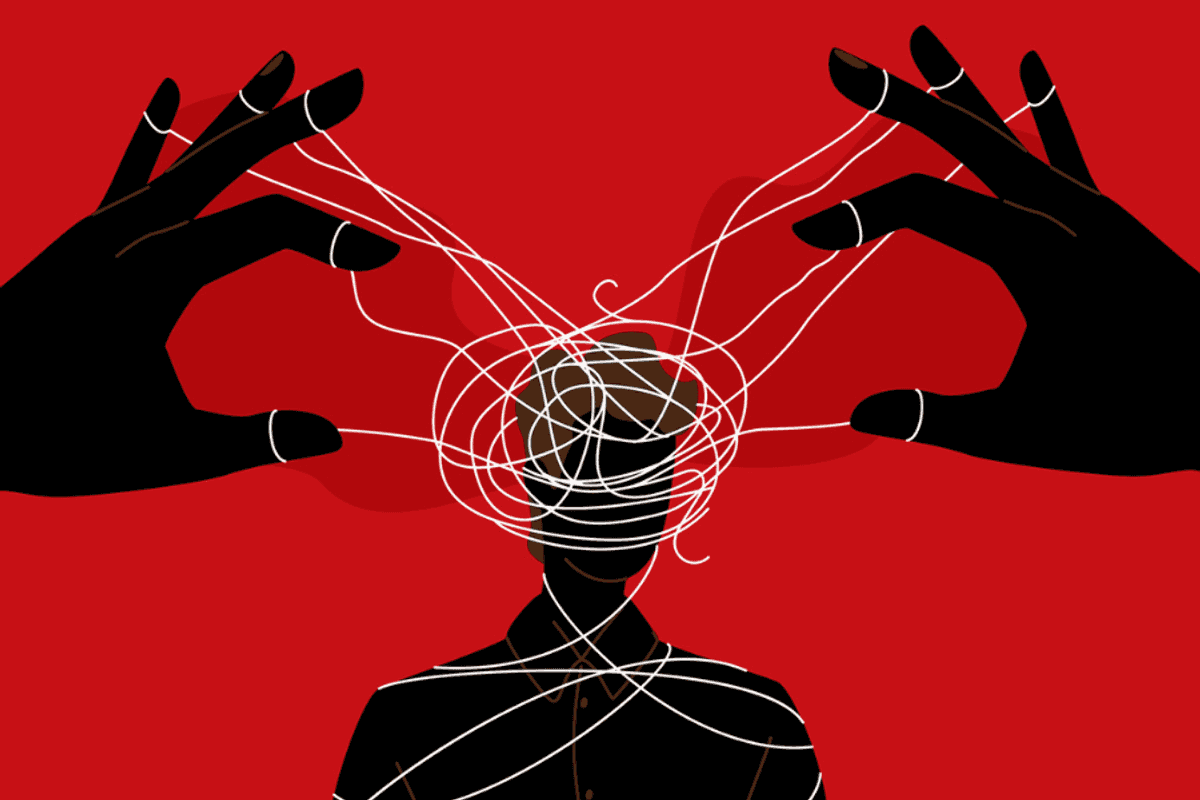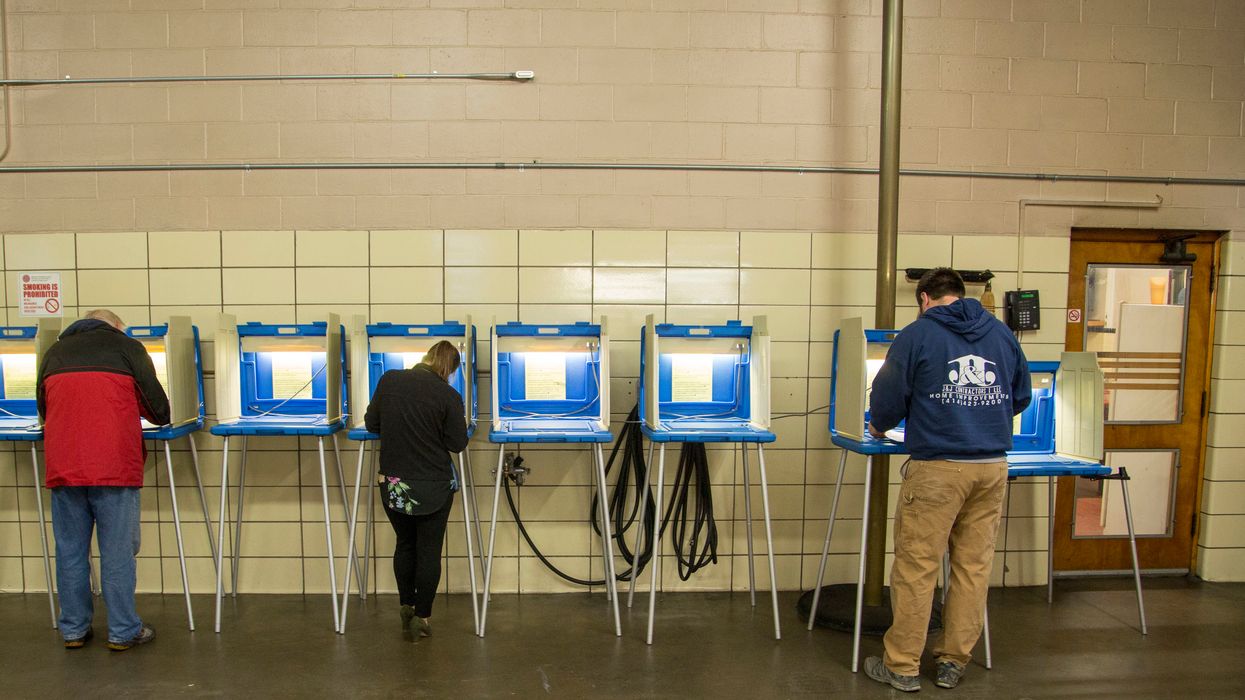A conservative group has sued in an effort to accelerate and even intensify a culling of Wisconsin's voter lists before the next election.
The typical narrative about proposed voter purges is that civil rights and progressive groups go to court to slow them down or stop them altogether. This week, the right-leaning Wisconsin Institute for Law and Liberty did the reverse — filing a lawsuit in state court arguing the state Elections Commission broke the law when it decided to wait until 2021 before deactivating as many as 234,000 voters who appear to have moved or left the state.
The outcome of the litigation could influence what's shaping up to be another close presidential contest in one of the nation's new battlegrounds. President Trump carried Wisconsin by just 23,000 votes in 2016 and is counting on its 10 electoral votes next year, too, but the Democrats are intent on winning the state for what would be the eighth time in nine elections.
The elections panel, with three members from each party, says it has the authority to delay the deactivation of voters beyond what one state law says is a 30-day deadline, because another law allows the commission to create rules for maintaining registration lists.
Two years ago, the commission sent more than 341,000 letters to voters it had identified as having maybe moved — and 98 percent were dropped from the rolls when their letters were not answered or could not be delivered. The panel said it received a flood of calls from people who were then mistakenly turned away from voting in the 2018 midterm election primaries.
The imbroglio prompted the commission to change the way it maintains the state's roster of 3.3 million registered voters — including extending the response time for movers to as long as two years.
Under this new rule, people suspected of moving could still vote in the April primaries and next November's election. The lawsuit says they should be purged immediately and required to register all over again.
Democrats are concerned this would force more of their voters than Republicans' to re-register. While Wisconsin does not track registration by party affiliation, four of the five municipalities with the highest number of movers — Milwaukee, Madison, Eau Claire and La Crosse — backed Hillary Clinton in 2016.
But the plaintiffs say requiring people to register anew is not an onerous burden as the state allows people to register and cast ballots on Election Day.





















